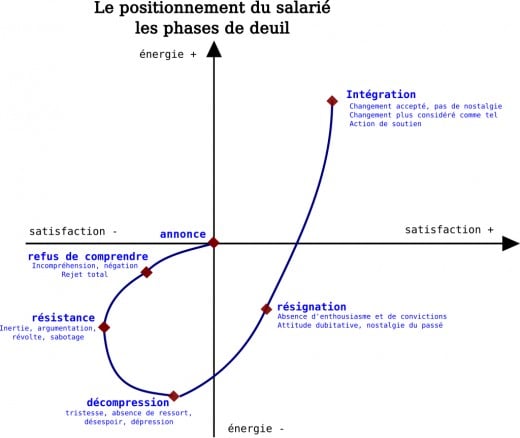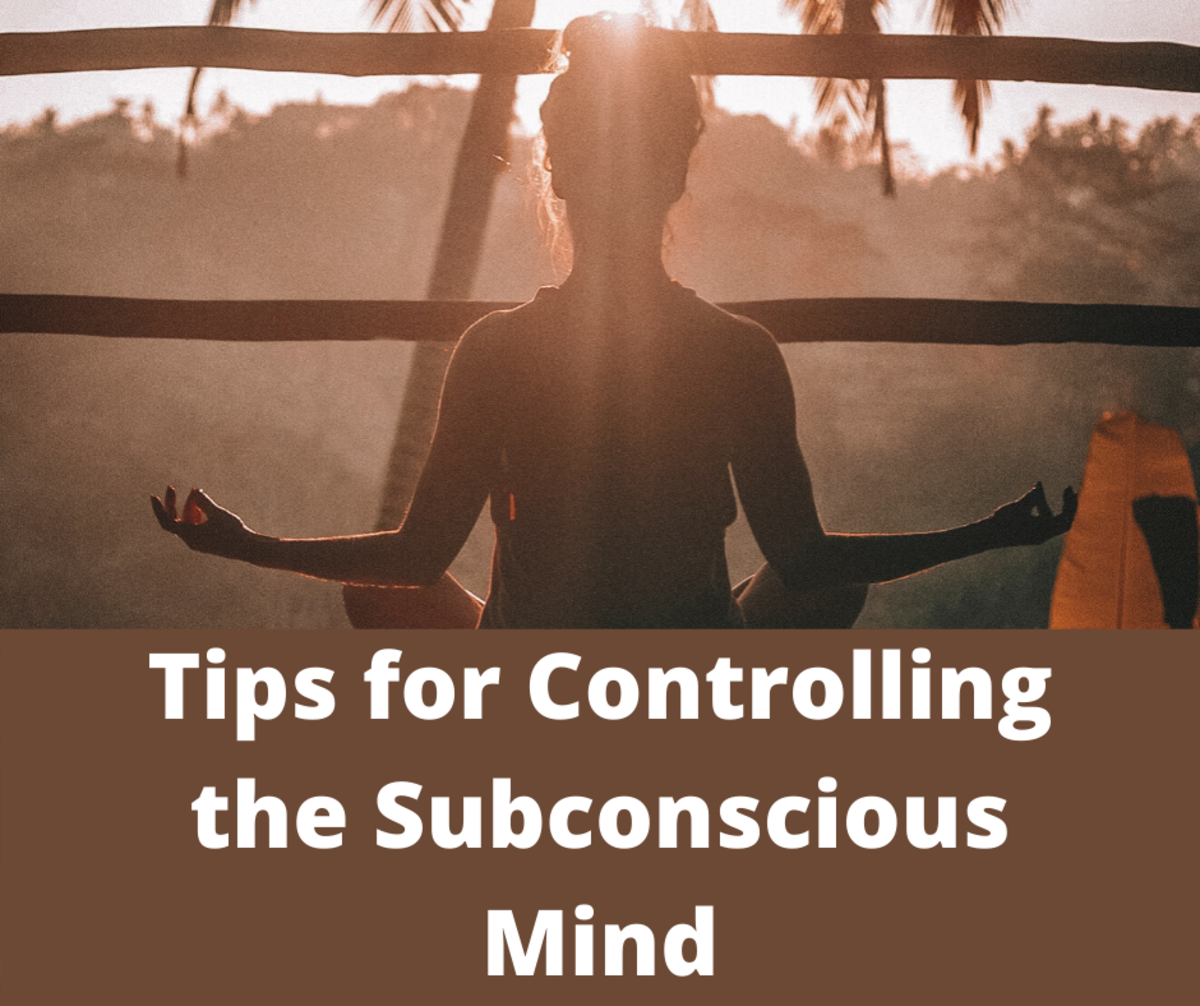Bereavement: Moving on from Guilt
Releasing stuck behaviour during mourning
I think many of us, when bereaved, get a little hung up in our grieving process, feeling it is somehow wrong or even socially unacceptable to recover from the loss of a loved one.
Getting a bit stuck with this is often not just expected but even lauded by friends and family as showing true love and commitment.
But, eventually, there can come a time when not allowing oneself to move on can be used for personal 'secondary gain' and the continuation of abject grief becomes simply a licence to wallow in self-indulgent sentimentality or as a tool for seeking sympathy and attention for oneself.
This is definitely an unhealthy place to be mentally and it may occur more frequently than you would think.

Death is always with us.
We all encounter it at some time or another. The death of the last living parent reminds us painfully of our own mortality. And how does one ever get dreaded scenario, the death of a child?
Many of us sink without trace under the weight of grief for a lost child, forgetting that we ever had a right to a life of our own; the right to try to achieve a full and rewarding life for ourselves even though they are dead and will never grow old.
Being of Buddhist tendencies I don't necessarily believe that this is the only life we have but it is the only one we are aware of at one time and, as such, must be both treasured and honoured.
The compassionate work of Elisabeth Kubler-Ross.
Today, most bereavement counselling is based on the valuable work of Elisabeth Kubler-Ross, the Swiss-born psychiatrist, who posited the idea that there are five distinct stages of bereavement that must be worked through: denial, anger, bargaining, depression and acceptance.
Because we are all different some of those stages are going to be longer for some than others, whilst other stages may even be skipped altogether. But I believe there is another stage, guilt, and this can block the final stage of acceptance indefinitely if not reviewed and released.
Such guilt has many angles. With the spouse one thinks perhaps I could have done more, been more nurturing, loving, less wrapped up in my own affairs etc.
With the parent it takes the form of I could have been more patient, visited more, I could have been a better, less disappointing, child perhaps.
With the child or young adult we think ... 'it should have been me'.

Acknowledging guilt.
So, how can we deal with all the losses that accumulate to each of us in our lifetime and their attendant guilts?
After all the refusal to believe death has happened, the raging, the pleading with God, the low spirits, we are worn out and weak and instead of being ready to embrace acceptance we are left only with guilt.
Instead of being ready to say, 'Now what would I like to do with the rest of my life?' we are left crippled with remorse.
It is not easy to get rid of guilt despite most of us being aware that it is a negative emotion and as such is a worthless, pointless exercise. It can never bring the loved one back but when it clings so closely to us it seems impossible to get rid of it.
Even though it seems obvious that we need to identify the guilt and acknowledge it at some deep level in order for it to be released, we still struggle with how to do this.
We struggle with forgiving ourselves for being human and therefore fallible.
The value of inner work.
This is the time when 'inner' work becomes imperative and the best way to do such work is by the time old method of meditation.
Now I know a lot of you will have groaned and switched off mentally at the 'm' word thinking that you can't meditate, you haven't the time, the application etc.
But what if I had said, just sit quietly for five minutes and become aware of your body. Or if I had said, just as you are falling asleep think about anything that makes you feel guilty, acknowledge it and let it go.
It's not so intimidating put like that, is it? But it is still stilling the mind and body, it is just not sitting like the Buddha for hours at a time.
Listening to the whispers: allowing your subconscious mind to speak to you.
These still moments are when your subconscious mind comes to the fore. This powerful 'application' is there to protect you, to watch out for you and to guide you ... if you'll allow it.
The thoughts, often unbidden and apropos of nothing, that come at these times of relaxation are your subconscious mind communicating with you. It allows your deepest inner thoughts and beliefs to surface, even if they are erroneous.
This is often the time when the emotion dominating your life at the time emerges, even if you have rigorously suppressed it; especially if you have suppressed and refused to acknowledge it.
Using this 'time of safety' positively.
This is the time when your subconscious mind is telling you that it is safe to look at, and admit to, this emotion.
For many of us, once you have admitted how you feel, that you have these worries, these guilts, you need do nothing more. Once you have accepted that these are your beliefs, even if you suspect they may be wrong, it is enough to enable you to let them go.
It may take a few sessions of such stillness, just watching and allowing your emotions ... but it will work.
You are entitled to a joyful life.
It is often a difficult concept for many of us to accept but we are all entitled to a life that is both rich and joyful. You are not perfect, none of us are. We all foul up sometime or another but we really have no choice other than to get over it and continue with our lives.
Listening to the whispers of the subconscious helps us do that. They are telling us something important; they are helping us to know ourselves.
They are helping us to move on.
For further thoughts on guilt see: http://thisisangiesblog.blogspot.com/2012/01/testament-of-guilt.html








